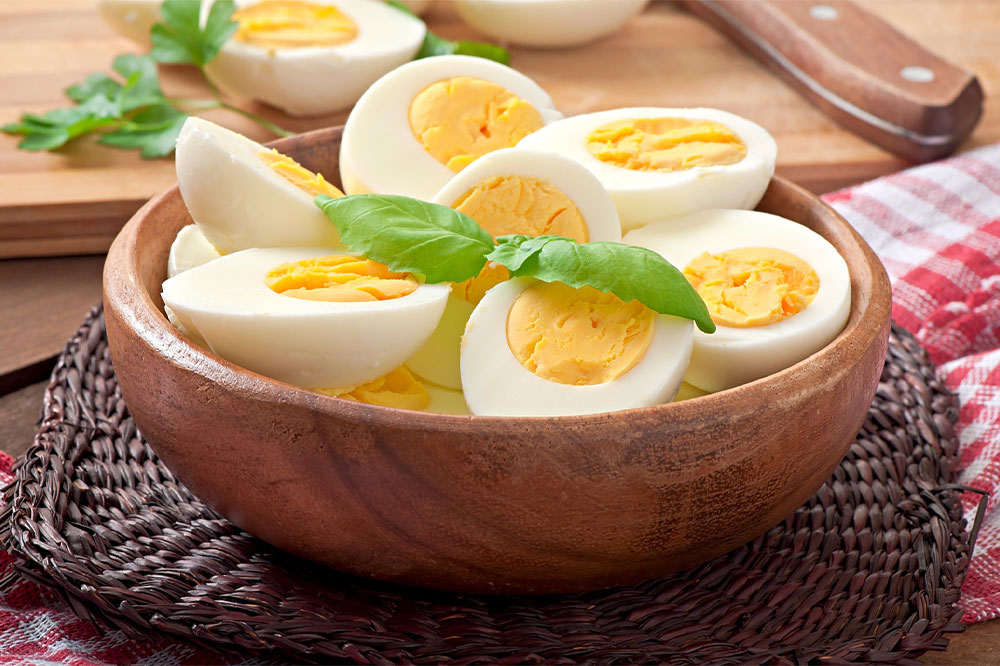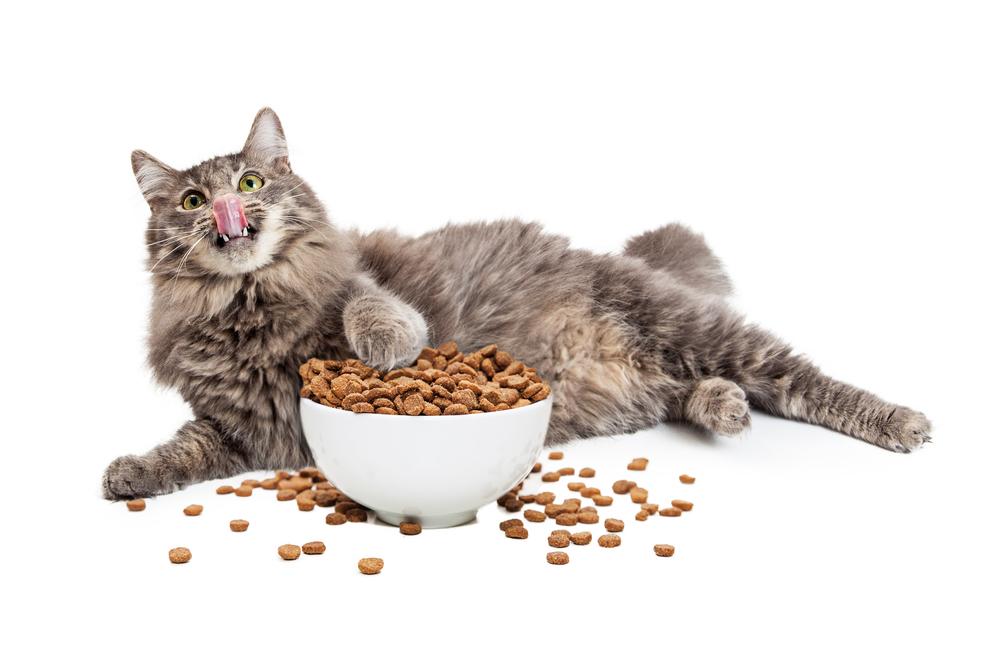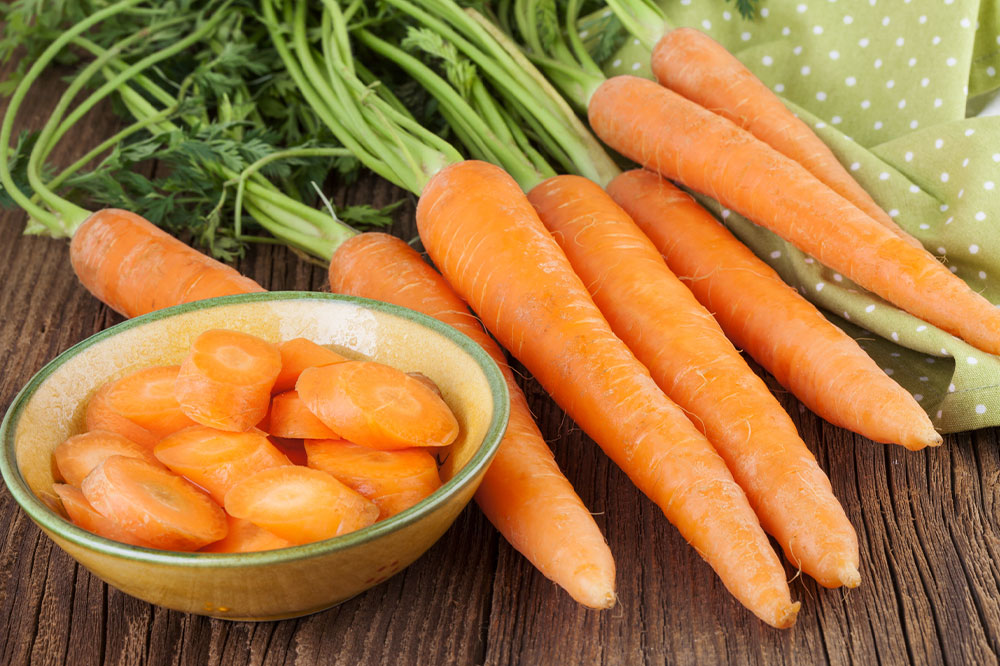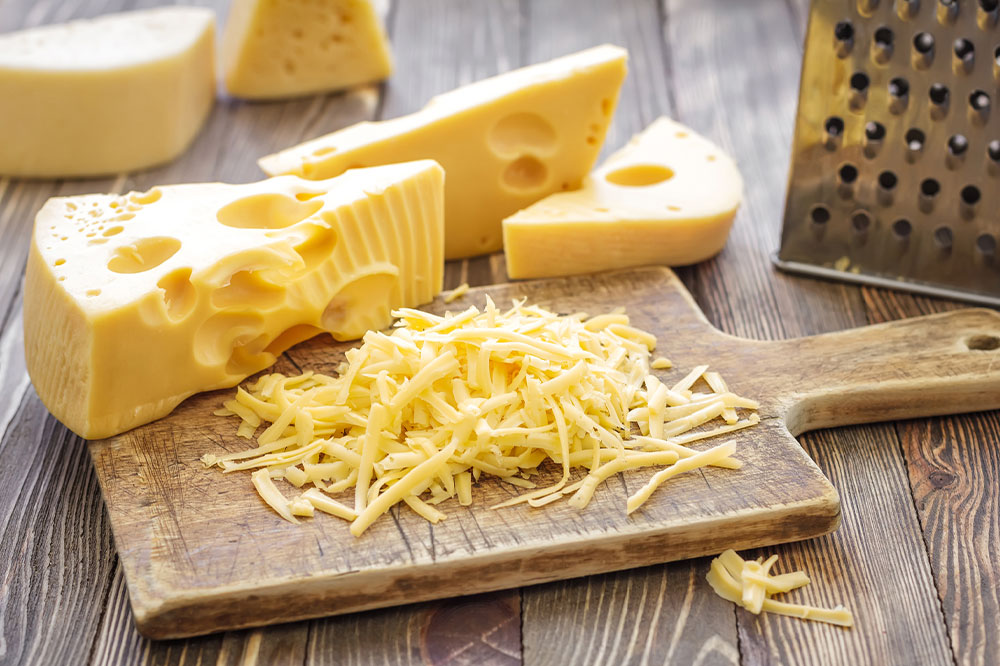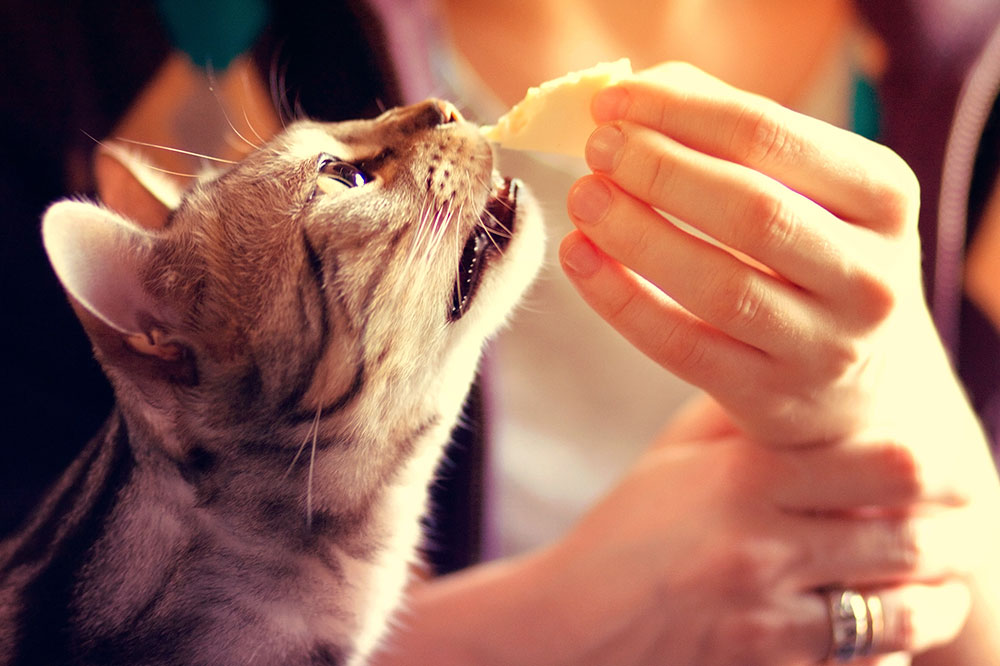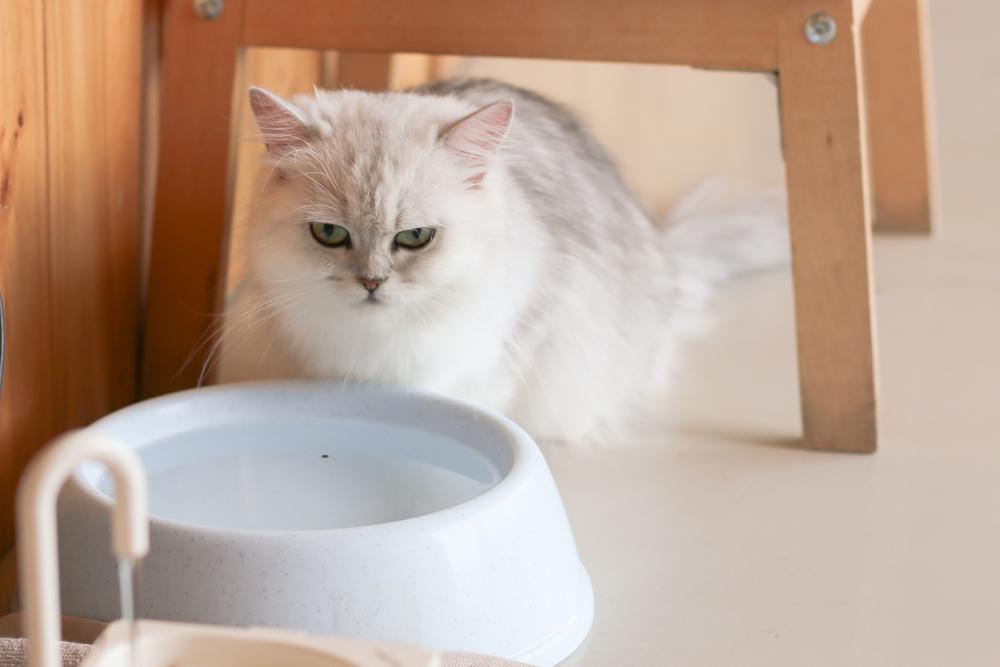Safe Human Foods for Cats: A Guide for Pet Owners
Discover which human foods are safe for cats, including meats, grains, fruits, fish, and vegetables. Proper preparation and moderation are key to keeping your pet healthy without needing frequent vet visits.
Sponsored
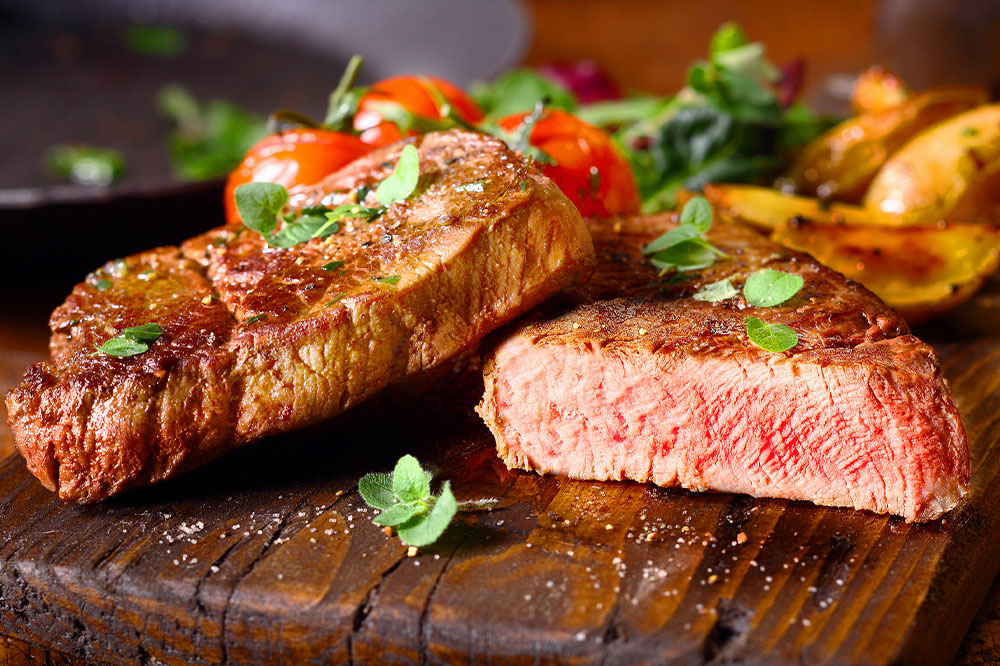
Safe Foods from Human Diets for Your Feline Friend
Many cat owners like to share their meals with their pets, but it’s important to know which human foods are safe for cats. Since cats have unique digestive systems, some foods may lead to health issues over time, even if they seem harmless initially. We’ve compiled a list of human foods that are generally safe and can help prevent unnecessary trips to the veterinarian.
Meat
Cats are obligate carnivores and need meat for protein, which supports their reproductive health, vision, and heart. Serve cooked chicken, beef, or turkey, but avoid meats high in sodium, as excess salt can be harmful.
Whole Grains
Foods like cooked oatmeal, cornmeal, millet, and couscous are nutritious options rich in B vitamins. Ensure grains are thoroughly cooked and mashed if necessary. Brown rice, barley, and wheatberries are also suitable when prepared properly.
Fruits
Bananas are an excellent source of potassium and fiber, making them a good occasional treat. Limit their intake to prevent high sugar consumption. Small portions of pumpkin, apples, pears, berries, watermelon, and pineapple can also be fed in moderation.
Fish
Fish provides vital nutrients like vitamins, minerals, and fatty acids important for your cat’s health. Offer boiled, boneless, and plain fish, preferably fresh-caught instead of canned. Avoid seasoning to prevent digestive issues.
Vegetables
Carrots, rich in beta-carotene, support eye and coat health. Feed peeled, cooked carrots cut into small pieces. Other safe options include celery, cucumbers, green beans, lettuce, peas, broccoli, and asparagus. Avoid feeding vegetables with onion or garlic, as these are toxic to cats.

